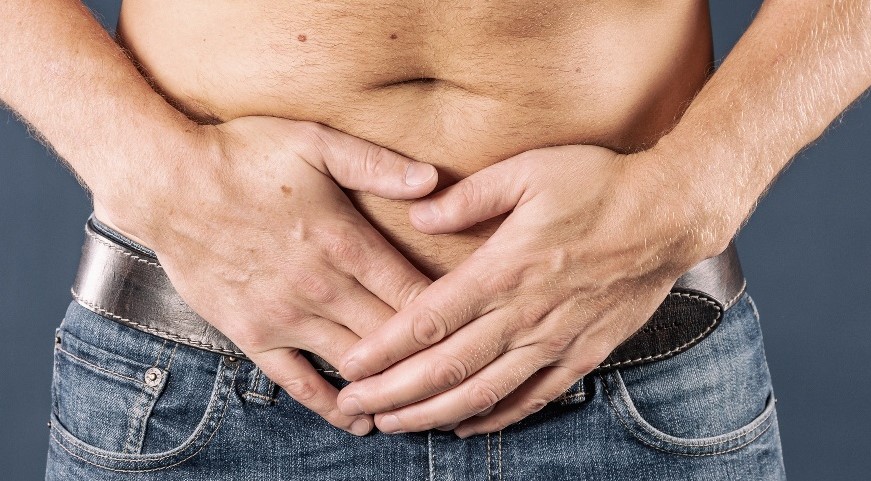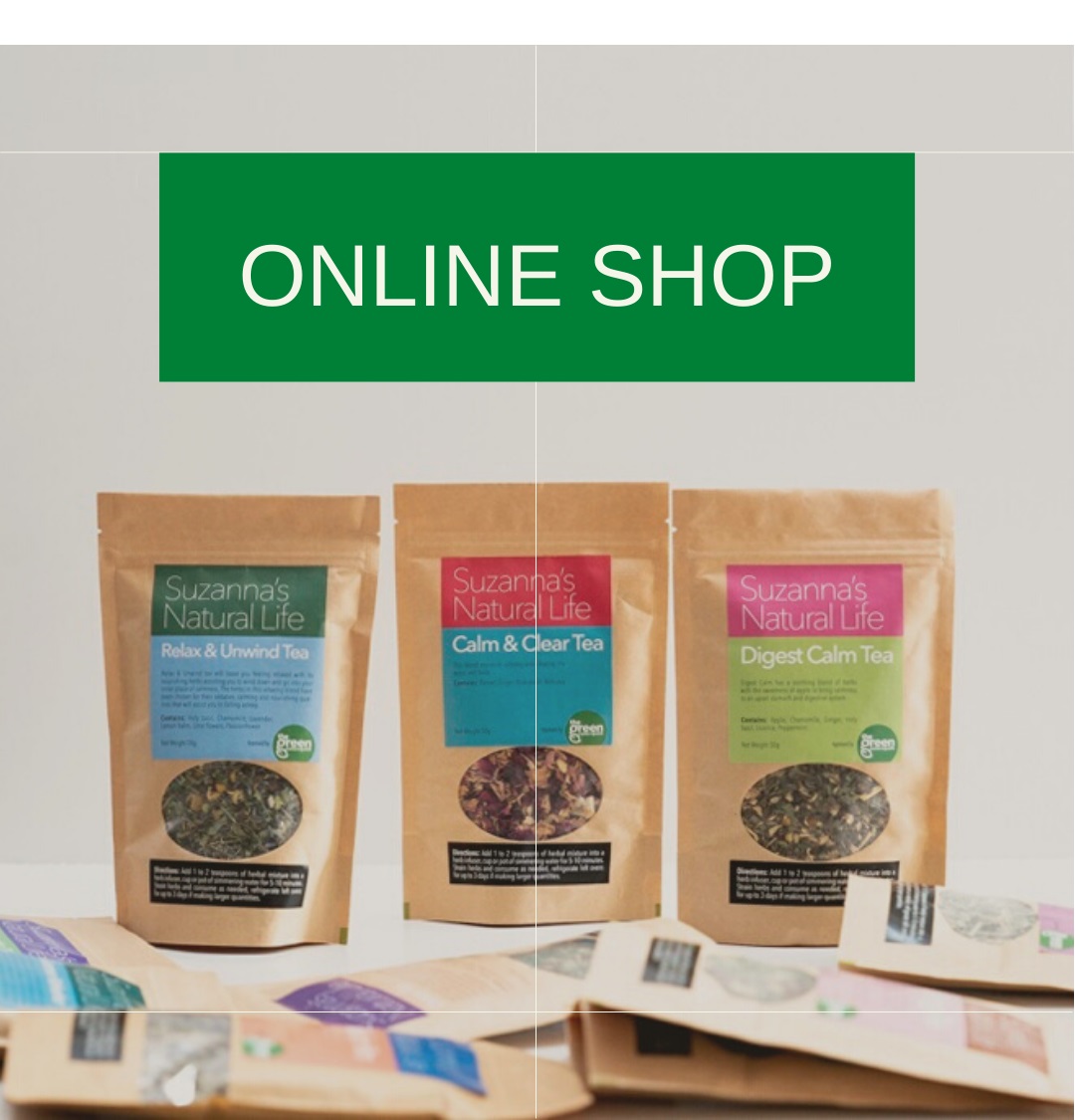

The prostate is an important gland that is necessary for the production of semen during sexual activity. Although the gland is not very big, its location just below the bladder and in front of the rectum as well as the fact that it surrounds a part of the urethra is critical. This means that any disease in the prostate can lead to problems with urination and sexual function.
Diet tips and exercises for prostate health
A healthy eating pattern and lifestyle are important for general health and by extension a healthy prostate. Additionally, a healthy lifestyle can also help curb some of the side effects of prostate treatment. Adopt healthy eating habits What you put in your body significantly affects your health and by extension, the health of your prostate. However, instead of specific food and diets, health professionals recommend an overall healthy pattern of eating.
- Include a wide variety of different fruits and vegetables, especially those fruits with dark red, yellow, and orange pigments and cruciferous vegetables like cauliflower and broccoli. These are rich in antioxidants, vitamins, and minerals and may reduce the risk of cancer.
- Increased intake of high-fiber foods is very useful in controlling weight and normalizing gut motility.
- Replacing red meat in the diet as well as processed meats like sausages and ham with healthier sources of protein like fish and poultry.
- Remove unhealthy fats from the diet including saturated and trans fat found in animal products, dairy products, and highly processed foods. Instead, incorporate nuts, seeds, and fatty fish in the diet which contain healthy fats beneficial to the body.
- Cut down high salt intake by limiting the use of canned, processed, and frozen foods in the diet.
- High sugar intake can have many adverse effects on the body and can lead to diseases like diabetes which may increase the risk of mortality in prostate cancer patients.
Lastly, controlling portion size can help avoid overeating and leads to a healthier lifestyle.
Physical activity to improve prostate health
Routine exercise along with a healthy diet is necessary for maintaining a healthy lifestyle. Regular exercise not only helps reduce weight but also reduces the risk of many diseases. It also acts as a natural way of producing antioxidants and helps reduce the risk of developing cancers. A study comparing the relationship between physical activity and severity of benign prostatic hyperplasia (BPH) reported a significant decrease in the risk of BPH in physically active patients. In a study group of prostate cancer patients, a 57% reduced risk of cancer progression was seen in those who walked briskly (not leisurely) for at least three hours weekly. The same study also showed a 61% reduction in mortality risk in those who performed vigorous exercise more than once per week. Frequent vigorous exercise was also seen to further activate tumor-suppressing genes and DNA repair genes. An adequate amount of exercise to fully obtain its health benefits can be achieved by performing at least thirty minutes of exercise every day. Exercises that improve prostate health are described below:
- Regular aerobic exercises such as swimming, walking, or biking are very beneficial for prostate and sexual health. Italian research compared the effects of aerobic and anaerobic exercises on two groups of men with chronic prostatitis. The results reported showed overall improvement in symptoms of men in both groups. However, those who performed aerobic exercises reported better relief of discomfort, anxiety, and depression as well as improved quality of life than the other group.
- Physical activity such as brisk walking, jogging, biking, jump rope, and dancing are great endurance-building exercises that boost antioxidant activity. Antioxidants promote the normal functioning of the cells and thus make them less susceptible to cancerous transformation.
- Kegel exercises are exercises that specifically target the pelvic floor muscles and help relieve symptoms of prostatic diseases such as urinary incontinence. They are performed by contracting and relaxing the muscles that control the flow of urine for a few seconds.
Tips to prevent prostate cancer
Although there is no single complete cure or prevention for prostate cancer, there are many modifiable factors that can be optimized to reduce the risk of disease development and progression, such as:
- Maintaining a healthy body mass index
- Routine vigorous exercise
- Smoking cessation and reducing alcohol intake
- Optimizing vitamin D in the body
- Regular healthy sexually activity
Supplements and herbs for improving prostate health
- Pygeum (African cherry tree extract) - Pygeum is a herbal extract commonly used to treat symptoms of prostatic diseases due to its antioxidant and anti-inflammatory properties. These benefits come from the wide variety of fatty acids, alcohols, and sterols like beta-sitosterol present in this herbal extract.
- Zi-Shen Pill (ZSP)- The Zi-Shen Pill (ZSP) is a traditional Chinese medicine made by a combination of various plants and is used to treat BPH. It has shown beneficial effects in reducing the rate of BPH in animal models but research on humans subjects is insufficient.
- Saw palmetto - Saw palmetto is a popular natural remedy used to treat BPH. It helps in relieving inflammation and urinary tract symptoms by reducing the production of dihydrotestosterone (DHT) which is increased in BPH.
- Pumpkin seeds - Pumpkins seeds are rich in beta-sitosterol which studies have shown to help reduce the effects of dihydrotestosterone, improve urine flow, and bladder function. It is also full of proteins, vitamins, and minerals needed for improving sexual health.
- Cernilton - Cernilton is rye grass pollen extract that may affect testosterone levels, helps relax the urethral musculature, and improves bladder function. All these properties make it an effective treatment option in BPH. However, the lack of data regarding its side-effect profile limits its long-term use.
- Babassu - The babassu is a palm, and the nut kernels inside its fruit are used to treat many urogenital conditions. The nut is rich in oil and has anti-inflammatory and antioxidant compounds that are often used in the prevention and treatment of BPH.
- Lycopene - Lycopene is a natural red-colored plant nutrient found in many fruits and vegetables like tomatoes, watermelon, guava, carrots, and red bell peppers. Lycopene may help in stopping the progress of prostate cancer due to its antioxidant properties that inhibit the growth and differentiation of cancer cells.
- Zinc - Adequate levels of zinc are needed for normal prostate function and research has shown chronic zinc deficiencies to be a risk factor in the development of BPH. Foods high in zinc include red meat, seafood, seeds, and nuts. Zinc is also beneficial in preventing the progression of prostate cancer as it inhibits the growth and division of cancer cells.
- Stinging nettle Research has shown that stinging nettle, a flowering plant, can be used as an effective treatment of urogenital symptoms. It is commonly used in combination with other antioxidants and anti-inflammatory remedies like pygeum and saw palmetto.
- Damiana - Damiana is a wild shrub commonly used in traditional medicine for its diuretic, stimulant, aphrodisiac, and laxative effects. This makes it very useful in the treatment of impotence and prostatic diseases both alone and combined with other herbs. It also has additional benefits of reducing fatigue, stress, and depression.
- Ginkgo - Ginkgo biloba, a tree native to China, helps decrease inflammation, enhances blood flow, and reduces free radicals in the body. It is, therefore, a popular herbal supplement and is used in the treatment of benign prostatic hyperplasia, erectile dysfunction, and other conditions like Alzheimer’s, and dementia.
- Panax ginseng - The root of Panax ginseng is commonly used in traditional medicine because it boosts immunity, reduces inflammation, decreases free radicals, and improves sexual function. Panax ginseng may help reduce fatigue in prostate cancer patients and was also seen to halt the development of BPH in studies on animal models.
- Oat seeds - Beta-sitosterol is a principal sterol found in oat seeds and is beneficial in lowering cholesterol levels and even the risk of certain cancers. It also helps relieve lower urinary tract symptoms associated with benign prostatic hyperplasia.
You might be interested in: Best Juices, Smoothies and Soups For Prostate Health

References
- Hori S, Butler E, McLoughlin J. Prostate cancer and diet: food for thought?. BJU international. 2011 May;107(9):1348-59.
- Daniyal M, Siddiqui ZA, Akram M, Asif HM, Sultana S, Khan A. Epidemiology, etiology, diagnosis and treatment of prostate cancer. Asian Pacific Journal of Cancer Prevention. 2014;15(22):9575-8.
- Campos C, Sotomayor P, Jerez D, González J, Schmidt CB, Schmidt K, Banzer W, Godoy AS. Exercise and prostate cancer: From basic science to clinical applications. The Prostate. 2018 Jun;78(9):639-45.
- Sun J, Zhang X. Pharmacotherapy and herbal treatment of benign prostatic hyperplasia. Front Biosci. 2014 Jan 1;19:789-97.
- Stacewicz-Sapuntzakis M, Bowen PE. Role of lycopene and tomato products in prostate health. Biochimica et Biophysica Acta (BBA)-Molecular Basis of Disease. 2005 May 30;1740(2):202-5
“The human body has been designed to resist an infinite number of changes and attacks brought about by its environment. The secret of good health lies in successful adjustment to changing stresses on the body.” – Harry J. Johnson
MEDICAL DISCLAIMER
This content is for informational and educational purposes only. It is not intended to provide medical advice or to take the place of such advice or treatment from a personal physician. All readers/viewers of this content are advised to consult their doctors or qualified health professionals regarding specific health questions. The Green Naturopath takes no responsibility for possible health consequences of any person or persons reading or following the information in this educational content. All viewers of this content, especially those taking prescription or over-the-counter medications, should consult their physicians before beginning any nutrition, supplement or lifestyle program.



